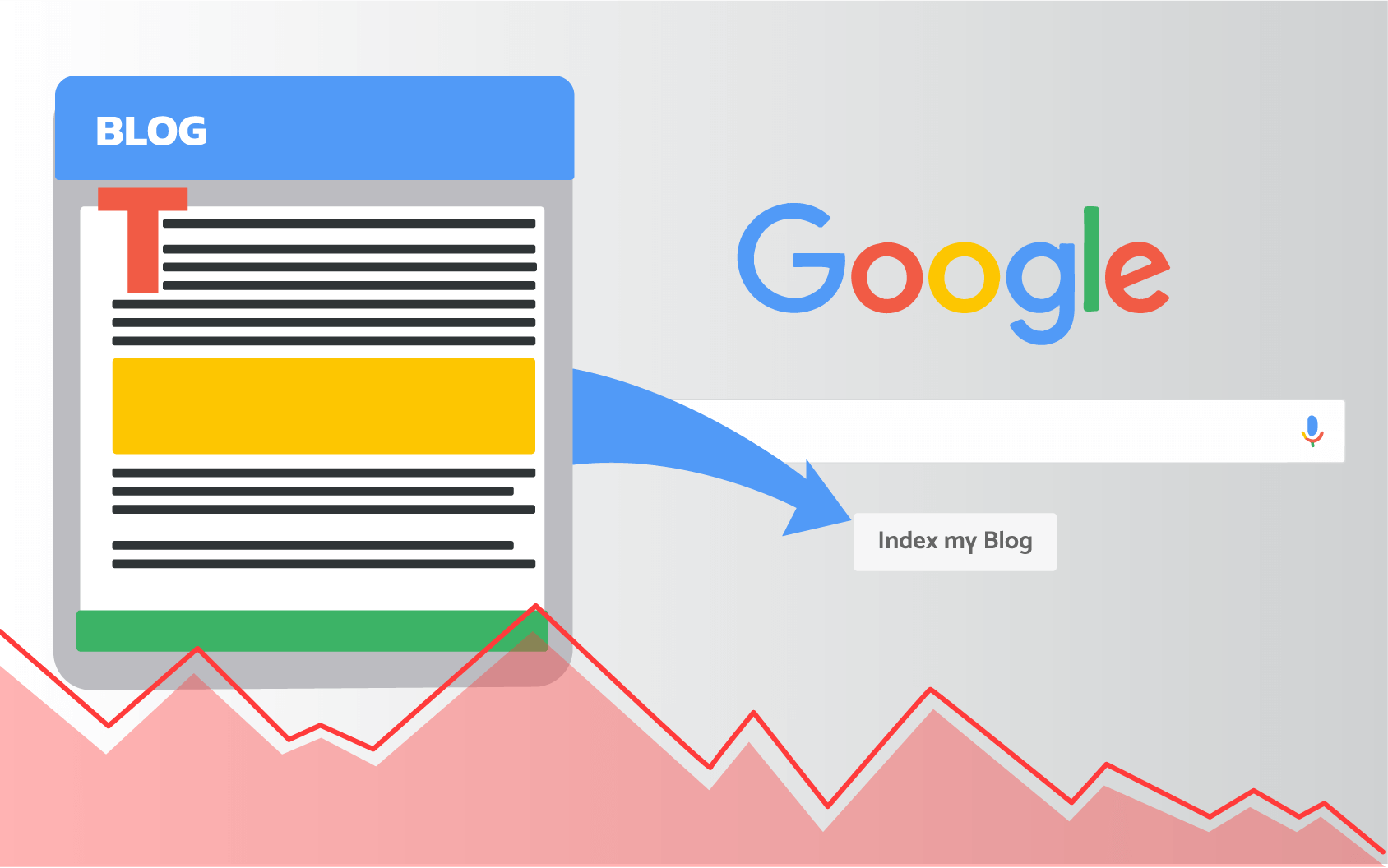What Are Google’s Local Ranking Factors & How to Improve Yours?
For local businesses, appearing at the top of Google’s search results can mean the difference between attracting customers or being overlooked.

Google uses specific ranking factors to determine which businesses show up in local search results, including the coveted Google Local Pack. Understanding these ranking factors and optimising your online presence can help improve your visibility and attract more local customers.
Key Google Local Ranking Factors
Google’s local search algorithm considers three primary factors when ranking businesses:
- Relevance – How well your business matches the search intent of the user.
- Distance – The proximity of your business to the searcher’s location.
- Prominence – How well-known and reputable your business is online.
By improving these elements, you increase your chances of ranking higher in local search results.
How to Improve Your Local SEO Ranking
1. Optimise Your Google Business Profile (GBP)
Your Google Business Profile (GBP) plays a major role in local rankings. Ensure you:
- Complete all fields, including business name, address, phone number (NAP), website, and business category.
- Use high-quality images of your business, products, or services.
- Keep business hours updated, including holiday hours.
- Write a compelling business description using relevant keywords.
2. Get More Online Reviews
Google considers online reviews a strong ranking factor.
To improve your local SEO:
- Encourage satisfied customers to leave reviews on Google.
- Respond to all reviews (positive and negative) to show engagement.
- Maintain a consistent flow of new reviews to signal activity to Google.
3. Use Local Keywords in Your Content
Target location-specific keywords throughout your website to improve visibility:
- Include keywords in your title tags, meta descriptions, and page content.
- Optimise service pages with city names (e.g., “Plumbing Services in Chelmsford”).
- Write blog posts featuring local events, news, or guides.
4. Build Local Citations
Citations (mentions of your business name, address, and phone number) help boost credibility.
- List your business on local directories like Yelp, Bing Places, and TripAdvisor.
- Ensure your NAP details are consistent across all listings.
- Use structured data markup to enhance visibility in search results.
5. Optimise for Mobile and Speed
Most local searches happen on mobile devices. Google prioritises mobile-friendly, fast-loading websites:
- Use responsive design to ensure your site works well on all devices.
- Optimise images and enable caching to speed up load times.
- Use Google’s PageSpeed Insights to check and improve site performance.
6. Leverage Social Media and Local Engagement
Social signals indirectly impact local SEO. To boost engagement:
- Share content and updates regularly on Facebook, Instagram, and LinkedIn.
- Engage with followers and respond to messages.
- Promote local partnerships and collaborate with nearby businesses.
Final Thoughts
Improving your local SEO ranking requires a combination of optimised content, online reputation management, and strategic local engagement. By focusing on Google’s key ranking factors—relevance, distance, and prominence—you can increase your visibility in search results and attract more local customers.
Start optimising today to dominate your local market!



